


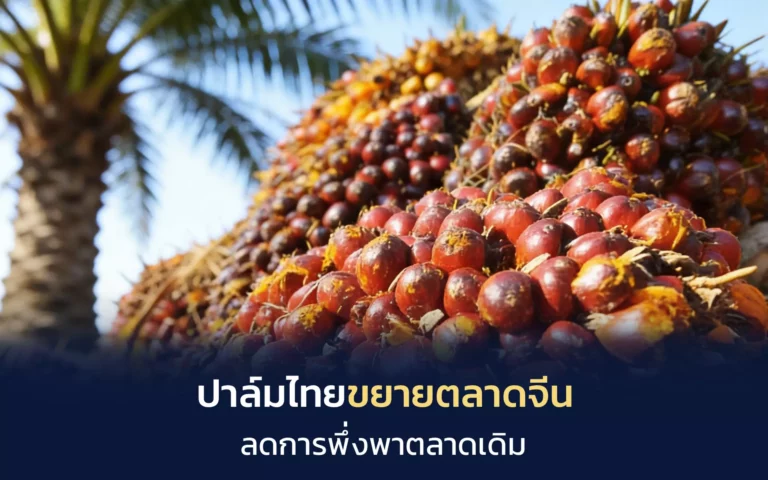
The Chinese market shows a continuously increasing demand for palm oil, especially in the food industry. This reflects economic and population growth, as well as consumer behavior seeking high-quality products at value-for-money prices. As a result, Thai palm oil, with its competitive production costs and diverse processing capabilities, has greater opportunities to expand exports to the Chinese market.
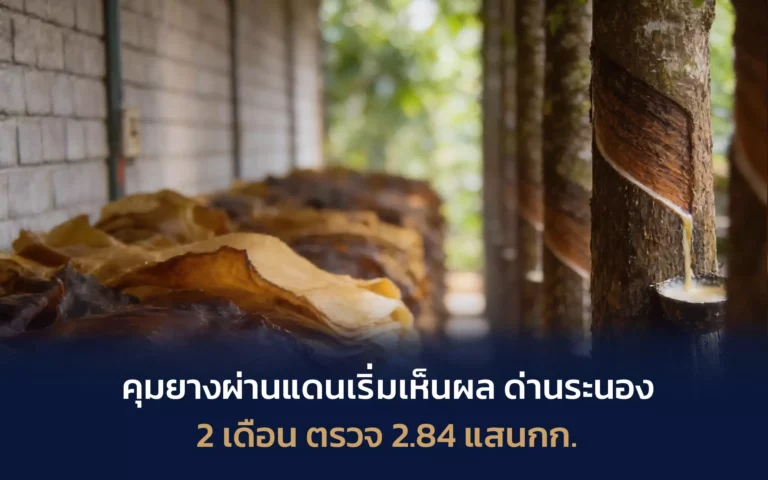
During the first two months, Thailand's control of rubber transit has begun to progress concretely. A system has been established to inspect and certify the type and category of rubber being transported through the Kingdom, ensuring that transportation adheres to established criteria, is standardized, transparent, and traceable.
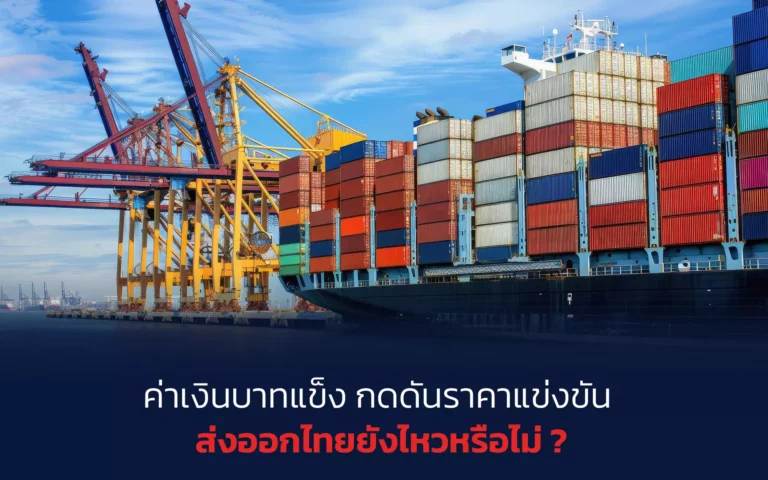
The Thai baht's multi-year appreciation has become a major challenge for Thai exports in 2026. At the end of December, the baht stood at 31.05 baht per US dollar, appreciating by 9.31% year-over-year. This has resulted in an average decrease in exporters' revenue when converted to baht of approximately 3.2 baht per dollar, and makes price competitiveness more difficult.

The prolonged border tension, lasting over seven months, has directly impacted cross-border trade between Thailand and Cambodia, particularly Thai exports, valued at approximately 70 billion baht annually, while imports from Cambodia are valued at around 20 billion baht annually. The closure of border crossings has resulted in a loss of over 50 billion baht per year in border trade revenue.

Foreign investment in Thailand continues to grow remarkably. In the first 10 months of 2025, over 276 billion baht flowed into the country, a significant increase compared to the previous year. This reflects confidence in Thailand's potential as a key investment destination in the region, particularly in the automotive, digital technology, advanced manufacturing, and data center sectors, which remain key drivers of the modern economy.

Create new income opportunities for farmers and expand the sustainable fisheries economy.
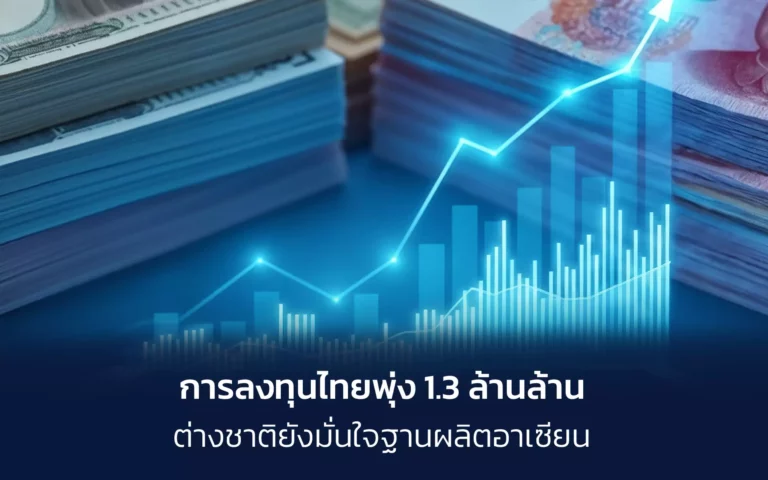
Investment in Thailand remains buoyant. During the first nine months of 2025 (January–September), applications for investment promotion for over 2,622 projects, valued at 1.37 trillion baht, were received, a 94% increase compared to the same period last year. This reflects foreign investor confidence in Thailand's continued strong long-term production base in ASEAN.
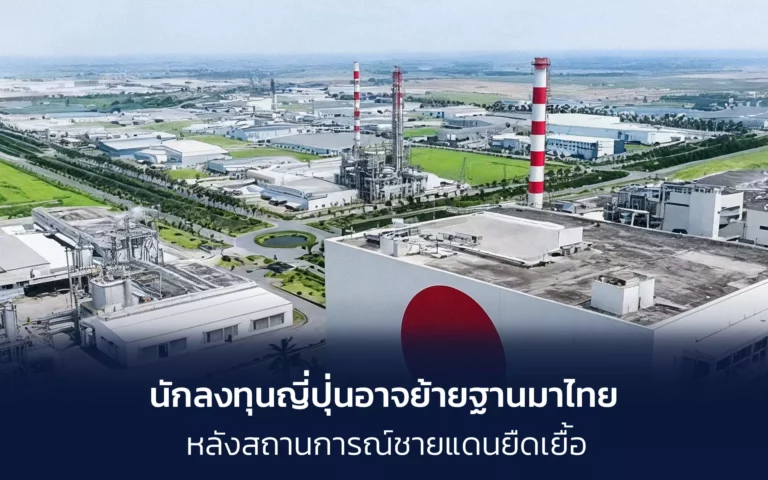
The prolonged tensions along the Thai-Cambodian border have impacted the supply chains of Japanese investors, particularly in the parts and electronics industries.
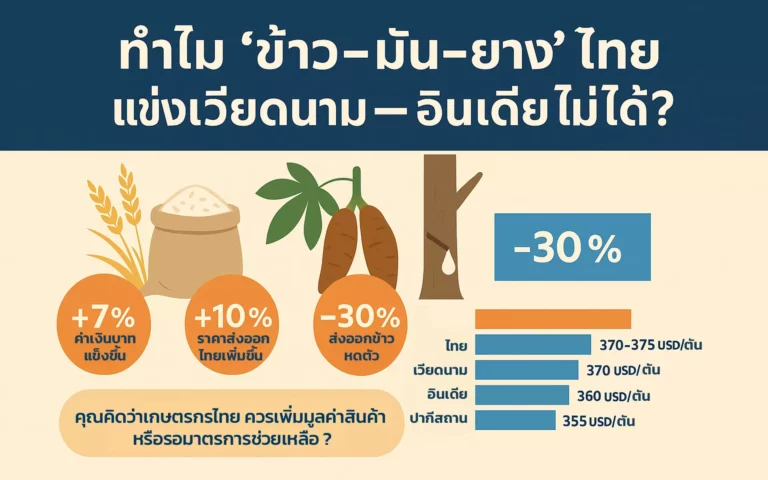
Since the beginning of 2025, the baht has strengthened by more than 7%, while competitors such as Vietnam, India, and Malaysia have weakened their currencies against the US dollar. This has resulted in Thailand's main export products, including rice, cassava, and rubber, experiencing costs rising by more than 10%, immediately reducing their competitiveness.

The Chinese toy market was valued at approximately US$22.8 billion (around 165 billion yuan) in 2024 and is expected to reach US$50.6 billion by 2033, growing at an average annual growth rate of 8.6%, reflecting the continued expansion of demand for toys, particularly imported and premium products.